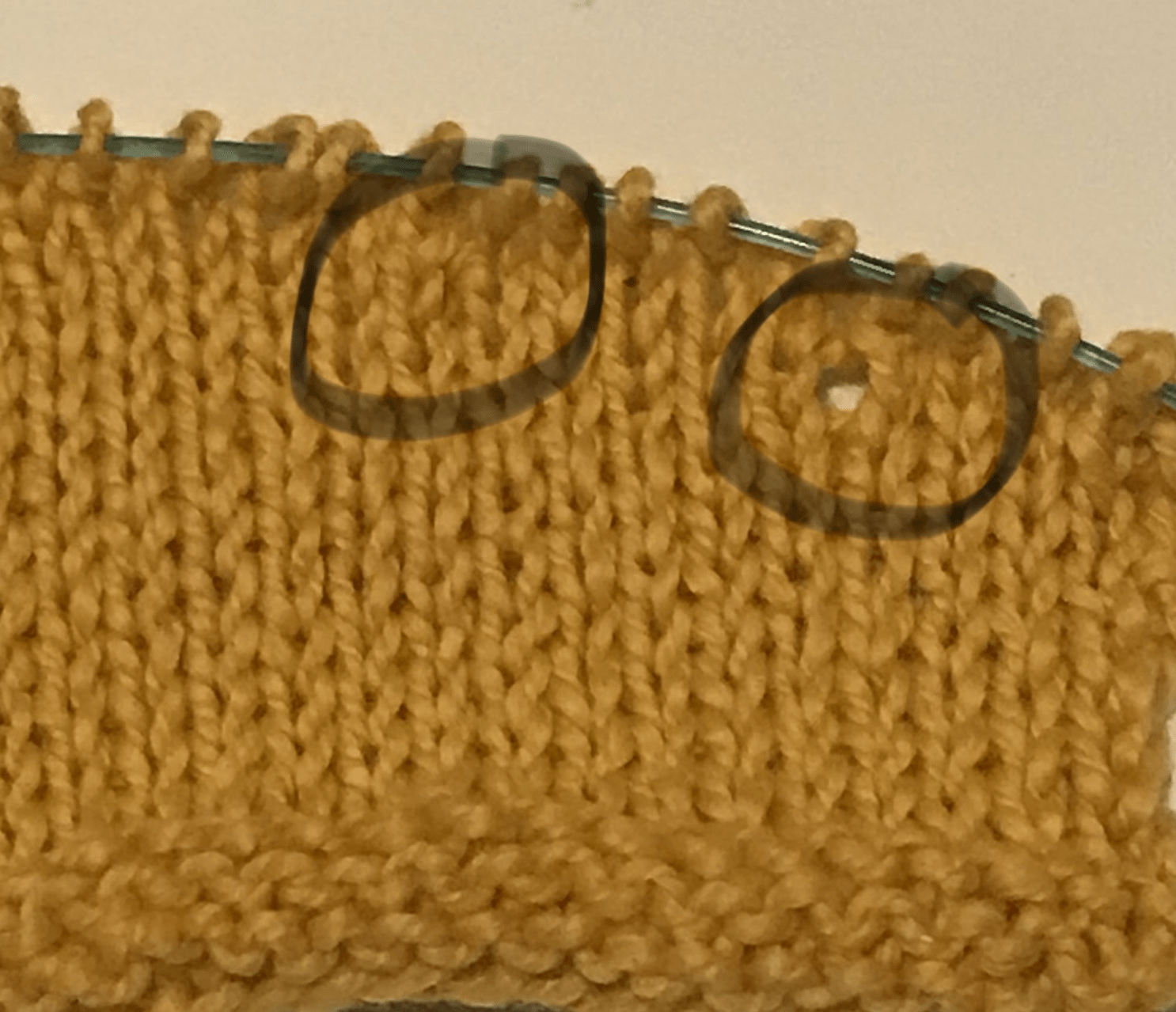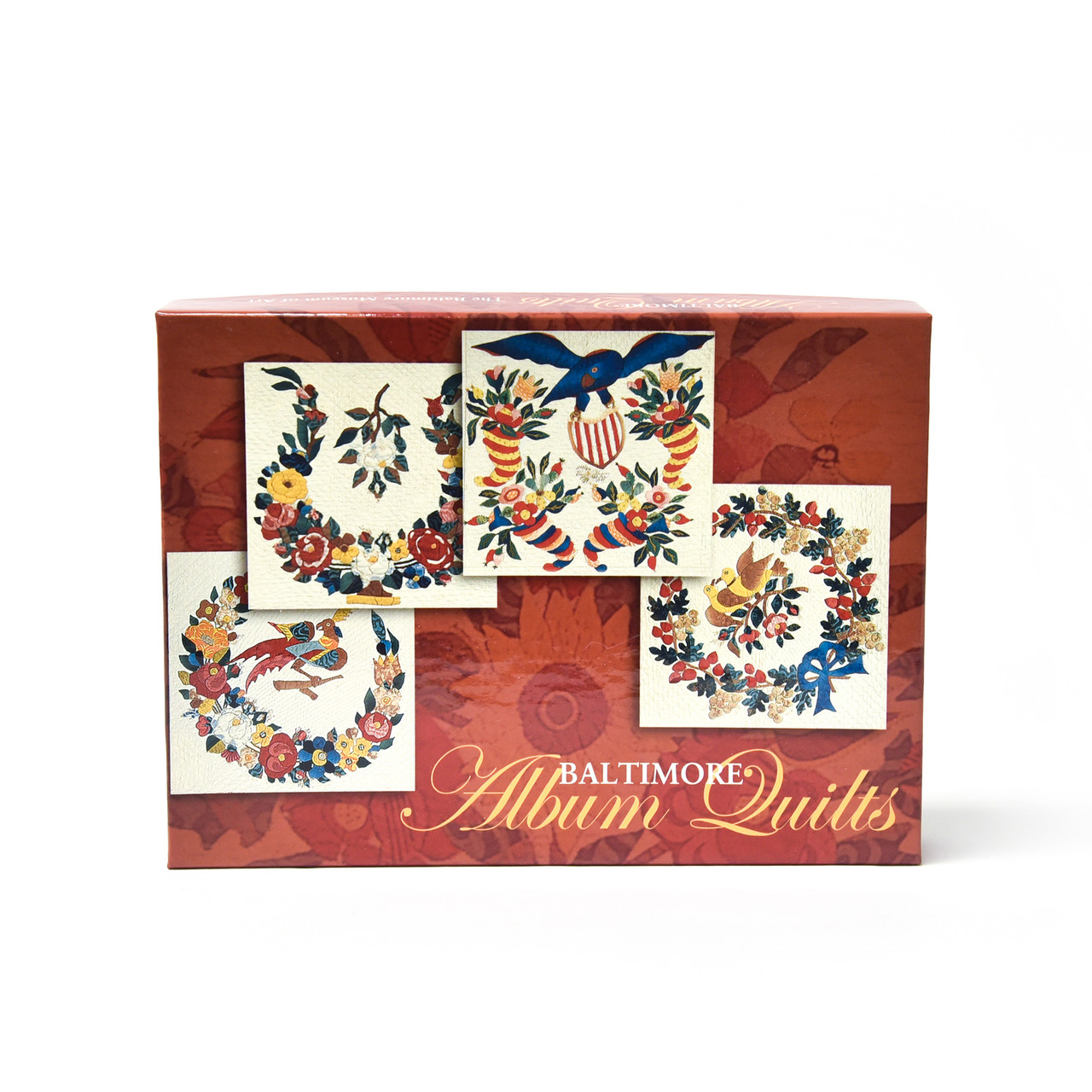
You'll have fun with your child and yourself if you try these 10-Minute Crafts. These crafts are a great way for kids to learn about creativity and art. They are also a great way to develop motor skills and improve a child's hand-eye coordination.
Fun
Creative activities with children are a great way of encouraging creativity. The kids will love creating and can practice their numbers and letters. Here are 10 fun craft ideas for parents and kids to do together.

Quick
Easy, quick and simple crafts that take less than 10 minutes are great for children. These crafts are fun and can be used as a way to keep your child busy learning letters or playing outside. These projects can be done on your own and won't cost a lot.
It is easy to do
Crafting is a wonderful activity to do with kids. It's a great way for kids to have fun, and it helps them learn numbers. Luckily, there are many easy to make 10 minute crafts for kids that you can do together.
Good for motor skills
A ten minute craft is a great way for children to develop their motor skills as well as creativity. Kids can learn new skills and techniques through crafting. They can then create their own unique projects. You can find many materials suitable for this project at your local bookstore. You can also purchase a4 form sheets or glitter sheets as optional craft supplies.

Good for creativity
There are many creative activities you can do in just 10 minutes. You can make something beautiful, use your imagination, do what makes you happy, or just do what is easiest for you. Here are some ideas to help you if time is a problem.
FAQ
What are competitive hobbies, you ask?
Competitive sports include running, swimming, cycling, golfing, tennis, etc.
They're often enjoyed by people who are active and want to socialize.
If your hobby is physical activity, chances are that others share it.
This may mean joining a club or group where you meet regularly to play sports together.
Participating in group games, which involve playing alongside others, is another option.
These include soccer (soccer), rugby, netball and hockey.
There are many types of competition.
Some competitions are organized for purely recreational purposes.
Others are meant to test competitors' skills.
Some are even designed to reward outstanding performance.
In these cases, winners receive prizes.
Other competitions are intended to test strength and stamina.
These are endurance events.
For example, marathon races, triathlons, Ironman Triathlon, etc.
Before participating in these events, athletes often train hard.
They will adhere to a strict training program that prepares them mentally as well as physically.
They might also have to travel for preparation.
It is important to remember, not all athletes will compete in every type and event.
Why do we require hobbies?
Hobbies play an integral part in our lives. It allows us to unwind and recharge, think creatively, exercise, socialize, have fun, and allow us to enjoy life. These hobbies offer us the opportunity to learn new skills, develop valuable lifelong interests, and provide opportunities for us to do both.
Hobbies give us meaning and purpose in life.
These can often be a great way to get some extra time while you have nothing else.
They are fun!
If you don't find time for hobbies, it's likely that you don't have enough time for any other activities.
Take a look at the many options that are available to you. Perhaps you should get a hobby started today if you don’t already have one.
What are good hobbies for seniors?
Senior citizens should find activities they love to do. They should also be active and take part in activities such as sports or other physical activities.
They may wish to join clubs, where they can find others who have similar interests. This way, they'll feel less lonely as they age.
Senior citizens should keep up to date with the latest trends. They could be interested in fashion, art, music and literature.
What kinds of hobbies are appropriate for introverts.
Introverts can focus on only one thing at a given time. They prefer solitude, such as reading, writing music, or watching movies.
They enjoy being alone and spending time alone. They are not social creatures and don't want to be around people all day. They can even become bored when they're surrounded by people.
This is why introverts choose hobbies that make them feel alone. They might enjoy reading, listening to music or taking photos, painting, writing poetry, and other such activities.
Many introverts choose to live alone. They are able to concentrate on their hobby while not being distracted by other activities.
How can I get started in my new hobby?
To start a new hobby, you must first decide what type of activity you would like to do.
Once you have decided on your subject, passion is the key.
It's important to understand why you want to start a particular hobby. This will help you to find your purpose and direction.
Once you've decided what type of hobby you'd like to pursue, you can begin planning.
Think about what equipment you'll need to purchase.
Consider whether you are required to attend classes and seminars.
You should ensure that you have enough space to enjoy your hobby.
You may also consider joining a club or group. These groups usually offer support and advice.
Finally, think about how much money you would need to spend on your hobby.
What are some good hobbies ideas?
Doing something you enjoy is the best hobby. It will be easier to continue doing what you love if you are passionate about your work. You will have a reason when you feel sick or tired.
Hobbies that we all know and love include gardening, painting and crafts, photography, cooking, sports and games, reading, music, film-making, collecting, cycling, walking, dancing, writing, playing instruments, etc.
Volunteering could be a great option.
Suppose you're looking for something more adventurous. Why not take up scuba diving, rock climbing, sky diving, bungee jumping, white water rafting, sailing, surfing, canoeing, kayaking, horse riding, zip lining, hang gliding, paragliding, skydiving, snowboarding, skiing, mountain biking, hiking, camping, fishing, hunting, archery, shooting, clay pigeon shooting, target shooting, golf, tennis, swimming, snorkeling, windsurfing, waterskiing, kitesurfing, wakeboarding, standup paddle boarding, hang gliding, parasailing, hot air ballooning, paragliding and many more.
There are many unique ways to spend time in the outdoors, whether you're looking for adventure or a more traditional way to do it. These include caving.
Where can I find free resources to learn more about hobbies?
There are tons of websites devoted to helping people discover new hobbies.
Here are some favorites of ours:
www.trythisathome.com - This site provides a list of over 100 different hobbies. You can also find information about how to start each hobby.
www.hobbyfinders.org is a site that offers thousands of activities. It allows you to search by location, skill level and interest.
www.indiebazaar.co.uk - IndieBazaar is an online marketplace designed specifically for independent artists and musicians. The site features hundreds of products ranging from artwork to music gear.
www.pinterest.com/explore/hobbies - Pinterest is a social media network that lets users "pin" images they find interesting onto their boards. Users can create boards to group things that they like into certain categories.
www.reddit.com/r/Hobbies Reddit enables users to post links and articles, as well as videos, on other social media platforms like Facebook. Users can vote on which posts they think are most valuable.
Statistics
- Studies show that just six minutes of reading can reduce stress levels by 60 percent. (oberlo.com)
- The Role of the Mind in Sex, Dating, and Love: Men in the “humor” condition received phone numbers from 42.9% of the female participants and were refused 57.1% of the time. (time.com)
- Almost 80% of people claim to have no hobby. (hobbylark.com)
- 37% Video Games 36% Travel 36% Health and Fitness (quizexpo.com)
- I am 100% biologically a woman (discover.hubpages.com)
External Links
How To
How to learn a music instrument
If you want to learn how to play music, there are many ways to do so. You could attend a school, read a book, get lessons from someone who plays a musical instrument, or look at videos online. Here are some tips and techniques to help you learn if your goal is to create your own learning path.
-
Find something that interests or appeals to you. You don't have to like every instrument you see. If you don't like playing an instrument, it would be difficult to learn how to play it.
-
Be patient. It takes time to learn something new. Expect to not be able master all things immediately. Instead, practice every day.
-
You should practice often. Even when you feel tired, continue practicing. This will ensure that your memory doesn't fade.
-
Find a quiet place to practice. It is best to find a quiet space where you will not disturb others. Also, make sure that there aren't too many distractions. For example, avoid having loud music playing nearby.
-
Have fun. Music should be enjoyed. It is important to have fun when practicing. It will make you more motivated to keep going.
-
Set goals. When you set goals, you know exactly what you have to achieve. You will never be ashamed to fail.
-
Keep track of your progress. Notate all of your achievements and failures. This will help you to improve your performance over time.
-
Take breaks. Sometimes, all you need is to take a moment to think. You will be able to take breaks and think about the things you are doing.
-
Ask questions. If you have any questions or doubts about the instrument, ask other people. They may be able help you.
-
Listening is the best way of learning. Many musicians listen to songs that they like and imitate them. This allows them to grasp the basic concepts of the song.
-
Read books. Read books to learn more than just watching videos or learning from classes. You will also find information in books that you won't find anywhere else.
-
Join a group. Playing with other people will make you more practice. Plus, it will be easier to meet people with similar interests.
-
View tutorials. Tutorials are videos that provide detailed explanations of various topics. These tutorials usually concentrate on one particular aspect of an instrument. You can learn difficult parts of the instrument by watching tutorials.
-
Try different methods. Some prefer to learn by listening, while others prefer reading. Experiment until you find what works best for you.
-
Practice makes perfect. Nobody becomes an expert overnight. Instead, it takes time and effort to become proficient enough for you to succeed.
-
Learn from other musicians. Listening to other people play their favorite songs can help you learn faster.